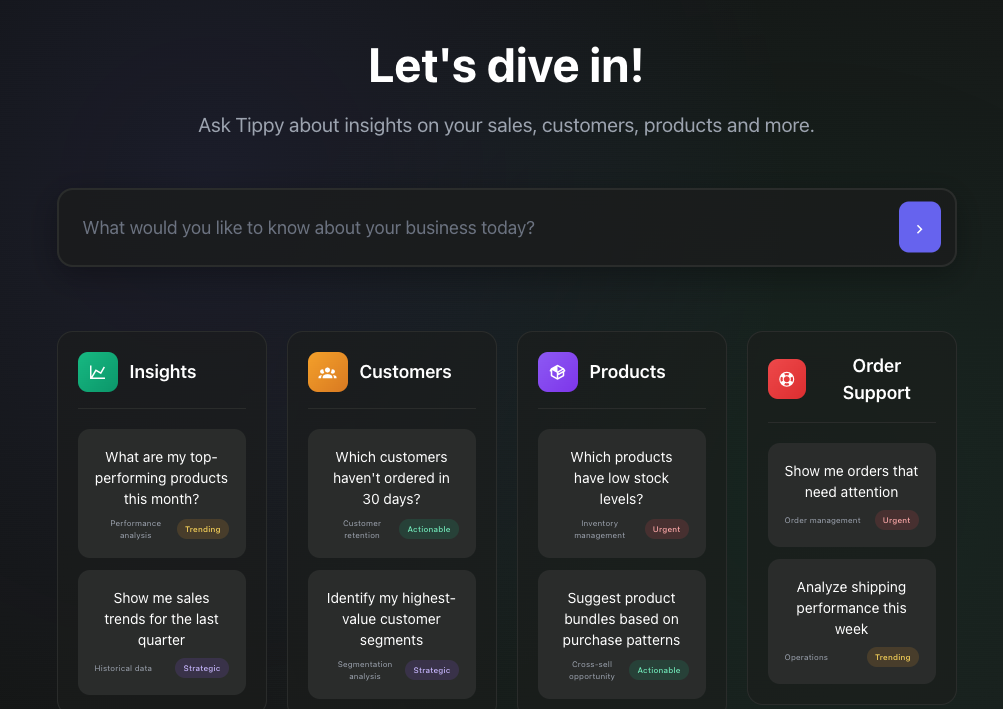B2B Loyalty Programs in B2B eCommerce

A B2B loyalty program can be a powerful strategy to increase engagement, build long-lasting relationships, and drive consistent revenue. Unlike B2C programs, which are often points-based and product-centric, B2B loyalty programs cater to the specific needs of businesses, focusing on relationship-building and providing added value to loyal buyers. Let’s break down the essentials of why, when, and how to implement an effective B2B loyalty program.
What is a B2B Loyalty Program?
A B2B loyalty program is a way for businesses to reward their regular customers and build long-term relationships. Think of it as a program that thanks your best clients for their ongoing support, just like customer rewards programs but specifically designed for business needs.
In B2B, loyalty programs often go beyond discounts. They can include rewards or benefits like exclusive early access to new products, volume-based discounts, or even flexible payment terms for top customers. These programs encourage clients to keep coming back by making them feel valued and appreciated, helping grow repeat sales and stronger relationships.
Why are B2B Loyalty Programs important?
- Long-term relationships: Unlike B2C transactions, B2B sales often involve higher order values and are more relationship-driven. A loyalty program can help nurture these relationships, encouraging buyers to return instead of exploring competitors.
- Reduced acquisition costs: Acquiring new B2B customers is often costly and time-consuming. A well-crafted loyalty program helps retain existing clients, which can be more cost-effective and increases customer lifetime value.
- Increased spend and frequency: When buyers feel valued and see tangible benefits, they are likely to place larger orders more frequently. A loyalty program can help to keep your brand top of mind when they are ready to reorder.
- Data-driven insights: A loyalty program provides insight into buyer behavior, allowing you to tailor marketing efforts, improve products or services, and optimize your sales funnel.
When is a B2B Loyalty Program right for your business?
B2B loyalty programs can be especially beneficial if:
- You operate in a competitive industry with many similar options, and you want to stand out.
- You have a repeat-purchase model, where customers frequently reorder.
- You’re looking to retain large accounts and add value to their experience.
If you’re starting a program, it’s also a good idea to assess your customer base size. Loyalty programs are often more effective when you have a significant number of repeat clients who can benefit from the incentives and rewards offered.
How to structure an effective B2B Loyalty Program
Designing a loyalty program for B2B customers differs from B2C in a few key ways:
- Define clear goals: Are you trying to increase the frequency of orders, boost average order values, or simply retain more customers? Your objectives will shape the rewards structure.
- Choose your reward types:
- Discounts and rebates: Offering price discounts or end-of-year rebates for loyal customers is straightforward and can encourage continued purchasing.
- Exclusive access: Invite loyal clients to early product releases, special industry events, or webinars that provide value.
- Tiered pricing benefits: Establish tiers based on spending or frequency (e.g., Gold, Platinum) and provide escalating benefits at each level.
- Reward high-value behaviors: Reward clients not just for purchases but also for other activities that benefit your business, like referrals, timely payments, or bulk orders.
- Seamless integration with existing Systems: Implementing a loyalty program is easier with platforms that integrate with your CRM or eCommerce software, allowing you to track and reward engagement seamlessly.
- Track and measure success: Use KPIs such as repeat purchase rate, average order value, and retention rate to assess your program’s impact. This data can inform tweaks to your loyalty program over time.
Tools to implement a B2B Loyalty Program
Several tools can help you create, manage, and track your loyalty program’s success. Here are a few popular options:
- CRM platforms (e.g., Salesforce, HubSpot): Many CRMs offer loyalty features or can be customized to include them. They allow you to segment customers, track engagement, and automate loyalty rewards.
- Loyalty software (e.g., LoyaltyLion, Yotpo, Zinrelo): These platforms specialize in creating loyalty programs and offer features like tiered rewards, referral incentives, and points systems that are customizable for B2B.
- eCommerce platforms (e.g., Turis): Some B2B eCommerce platforms have built-in loyalty features, allowing you to automate discount codes, manage bulk orders, and track purchasing behavior to personalize loyalty rewards.
- Email marketing tools (e.g., Klaviyo, MailChimp): These platforms can help you engage and reward loyal customers through personalized email campaigns, reminding them of rewards or promoting exclusive offers.
Getting started with your B2B Loyalty Program
- Pilot program: Start with a small group of loyal customers and gather feedback to fine-tune your program.
- Promote the program: Ensure your customers are aware of the program by sending emails, featuring it on your website, and mentioning it in sales conversations.
- Gather feedback and optimize: Regularly check in with customers to understand how they perceive the program and use insights to enhance it.
A well-designed B2B loyalty program is more than just a points system; it’s a way to build and maintain valuable relationships. By providing meaningful incentives, you not only retain your best customers but can also drive growth, encouraging larger orders and more frequent purchases. With the right strategy, tools, and metrics, a B2B loyalty program can be a powerful asset to any business looking to foster loyalty in a competitive market.
Related articles
START FREE TRIAL
Start generating more B2B orders today
Get a free preview. Import products from your B2C store

